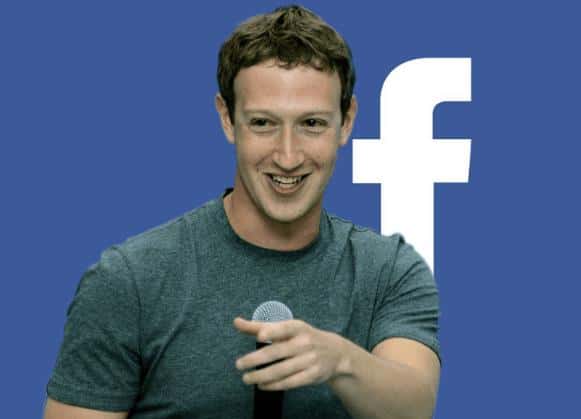In that ad boycott, Facebook CEO Mark Zuckerberg is reportedly hesitant to accept the Facebook policies over ad boycott. Mark Zuckerberg informed employees throughout a video town hall event last Friday that he hopes “all these advertisers will be back on the platform soon enough,” as per a copy received from The Information.
A group of civil rights organisations such as the Color of Change, NAACP and Anti-Defamation called the last couple of weeks upon companies to “hit pause on hate” not to post on Facebook for July. Groups urge Facebook to get more done to counter hate speech on the platform.
Check out: Facebook finally introducing a dark mode for mobile devices
But Zuckerberg said: ” We won’t change our policies or do anything because a small percentage of our revenue is threatened.”
It shows how Facebook deals with the matter simultaneously:
The first is to be openly diplomatic: give smaller updates and help illustrate his message that abuse has no position on the network.
The second is to tone down the boycott ‘s effect secretly: persuade the advertisers and avoid any drastic changes to its business model of Facebook.
The campaign has gained momentum with big companies supporting the boycott like Ford and Microsoft, Unilever, Sony, Verizon, and Walmart. As of July 1, more than 500 companies and businesses have publicly said they have to stop Facebook ads.
According to Reuters, Facebook executives have spoken with advertisers, and Zuckerberg plans to communicate with boycott leaders.
Last Friday, Zuckerberg told workers that the boycott is more of a brand and partner problem than an economic one. “Because of a risk to a small portion of our revenue, or to any per cent of our revenue, we won’t change our policies or approach anything,” Zuckerberg said.
Facebook says it takes hate speech matters seriously and values the partner’s reviews.
“We ‘re making great progress keeping hate speech off our site, and we’re not taking advantage of this kind of content,” a Facebook official said Thursday. “But as we have said, we are making policy changes based on principles, not on pressure from revenue.”

